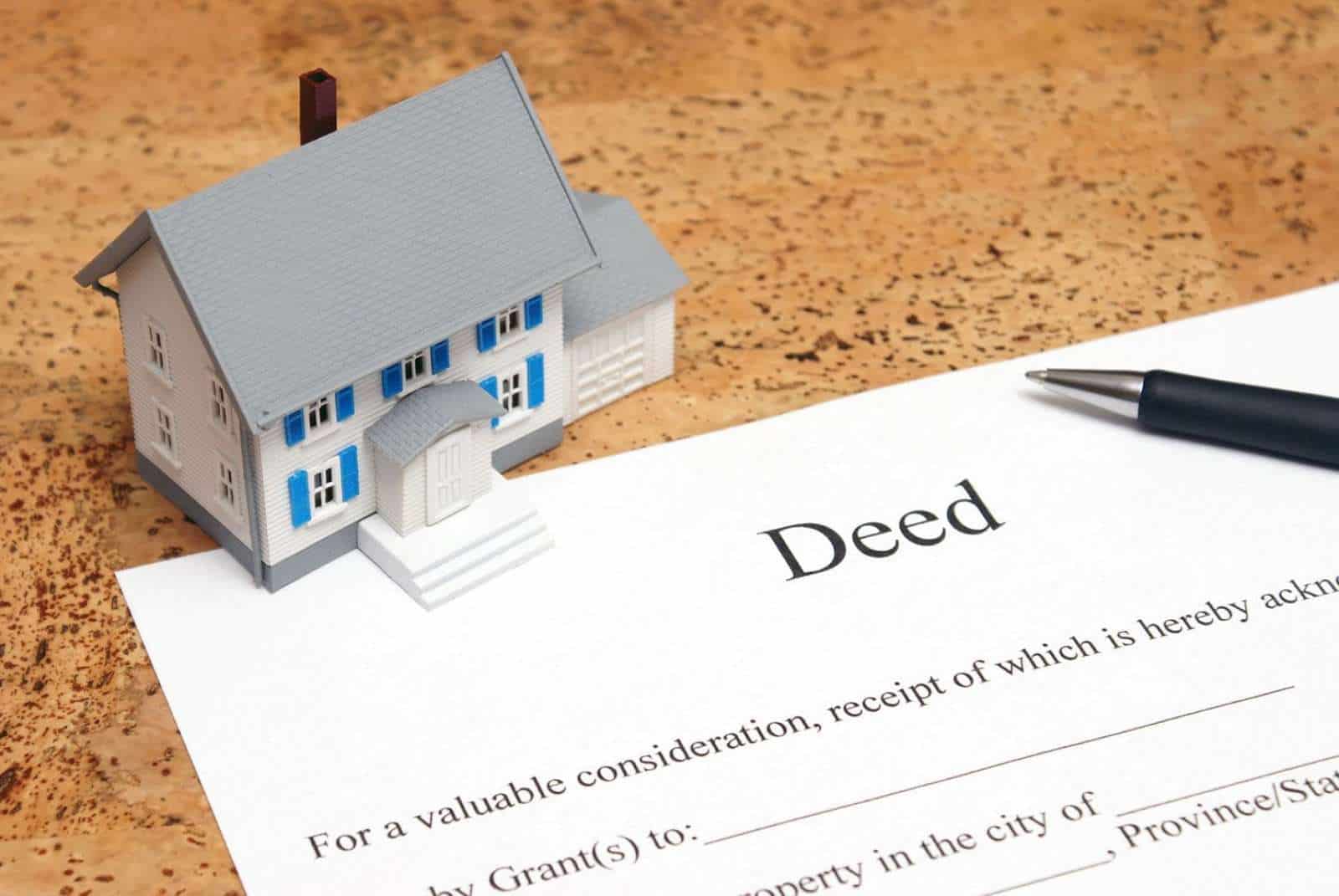About once a month I get a call from an individual who, for various reasons, wants to either add a child or multiple children to the deed to their home or deed the home entirely to a child or children. Often this is an attempt to avoid the need for probate once the parent is gone. While the intent may be good, I rarely recommend that they do so, for several reasons.
1. Adding someone to the title to your home makes them an owner. This means if you want to sell the home, all owners must agree and sign documents to complete the sale. I have run into the circumstance where a child was added to the deed as a joint owner with right of survivorship with the intent by the parent that it would avoid the need for probate. Unfortunately, when the parent later needed to sell the home, the child refused to sell, resulting in the need for expensive litigation in order to force the home to be sold. In addition, when someone is an owner, the property is considered an asset of all of the co-owners. This means that creditors of the child may have a claim against the property, and judgment liens against the child can attach to the property.
2. Transfers of property during life may cause gift tax or basis issues. When a child is added to the title to real property with no consideration paid, this is presumed to be a gift. When property is gifted, the party receiving the property (the child) takes the transferring party’s (the parent’s) basis in the property; whereas, if the property is transferred only at the time of death, the transferee (the child) will receive a step-up in basis to the fair market value as of the date of death. This can be very important in terms of tax consequences when the property is later sold by the child. A lifetime gift can also trigger requirements for filing a gift tax return if the value of the gift is over the annual gift tax exemption amount and should also be tracked for purposes of determining the parent’s lifetime gift tax exclusion amount.
3. A transfer of property for less than fair market value can trigger a period of ineligibility under Medicaid rules for long term nursing home care. Adding someone to the deed to your home without having that person pay fair market value for that share of the property is presumed to be such a transfer.
If probate avoidance is the main goal, there are other tools that your advisors can talk with you about that can help you achieve your goals, without these risks and issues, such as living trusts or revocable transfer on death deeds. It is important to talk with an attorney and your tax advisor before making this type of change so that you understand the effects it may have on your future life plans and how it fits with your complete estate plan.
